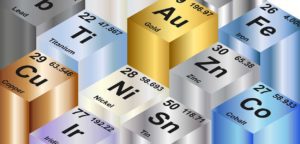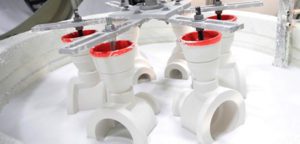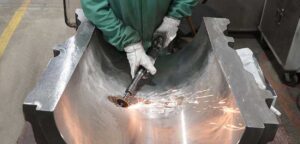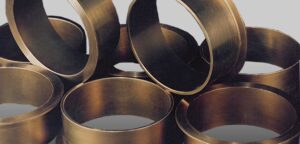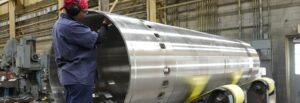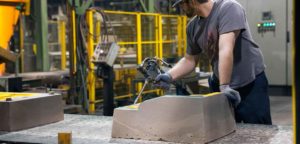Blog Archives
Metal casting involves pouring molten metal into a die or mold to form a desired shape. Numerous types of metal casting exist, including investment, sand, centrifugal, and die. Metals are chosen for metal casting methods based on their characteristics such as corrosion and wear resistance, tensile strength, hardness, machinability, and cost. Here are eight commonly…
Read MoreMetalTek’s Carondelet Division is excited to announce that we achieved certification to produce HY-80 steel. HY-80 is a low alloy steel renowned for its exceptional strength, toughness, and corrosion resistance. These properties make HY-80 ideally suited for the naval defense market, including both submarines and surface ships. “Achieving this certification deepens MetalTek’s commitment to our…
Read MoreInvestment casting has many benefits over other casting processes. Ranging from cost savings (reduced machining costs and material use) to fine detail, tight tolerances, and superb surface finishes. MetalTek’s Wisconsin Investcast Division produces investment castings up to 1,000 lbs. (finished weight). While there certainly are some drawbacks to investment casting, those aren’t related to the…
Read MoreWhat Is Bearium Metal? Bearium Metal is a group of high lead tin bronze alloys containing virgin copper, tin, and specially processed lead. These bearing bronzes provide every desirable feature found in other bearing metals, plus certain superior characteristics which are proprietary to MetalTek International. There are four grades available: B-4, B-8, B-10, B-11. Benefits…
Read MoreMetalTek’s Sandusky International Division is a leading supplier of large metal components for high-heat, high-wear, and high-corrosion applications in a range of demanding industries. Founded in 1904 to primarily serve the paper industry, Sandusky International evolved over subsequent decades and now serves markets as diverse as: In 2023 Sandusky International secured a substantial order from…
Read MoreInvestment casting, also known as lost wax casting, is a metal casting method for shaping metal parts that often have more intricate cavities or geometries. The process begins with shaping the final part out of wax, adding a ceramic shell over the wax, and then melting the wax out of the shell. Molten metal is…
Read MoreSand casting is a versatile and cost-effective solution for the creation of metal parts. In fact, most metal components can be manufactured using the sand casting method. Sometimes called sand mold casting, sand casting is a great process for small or large-volume orders. To learn more about the various steps of sand casting process, check…
Read More
